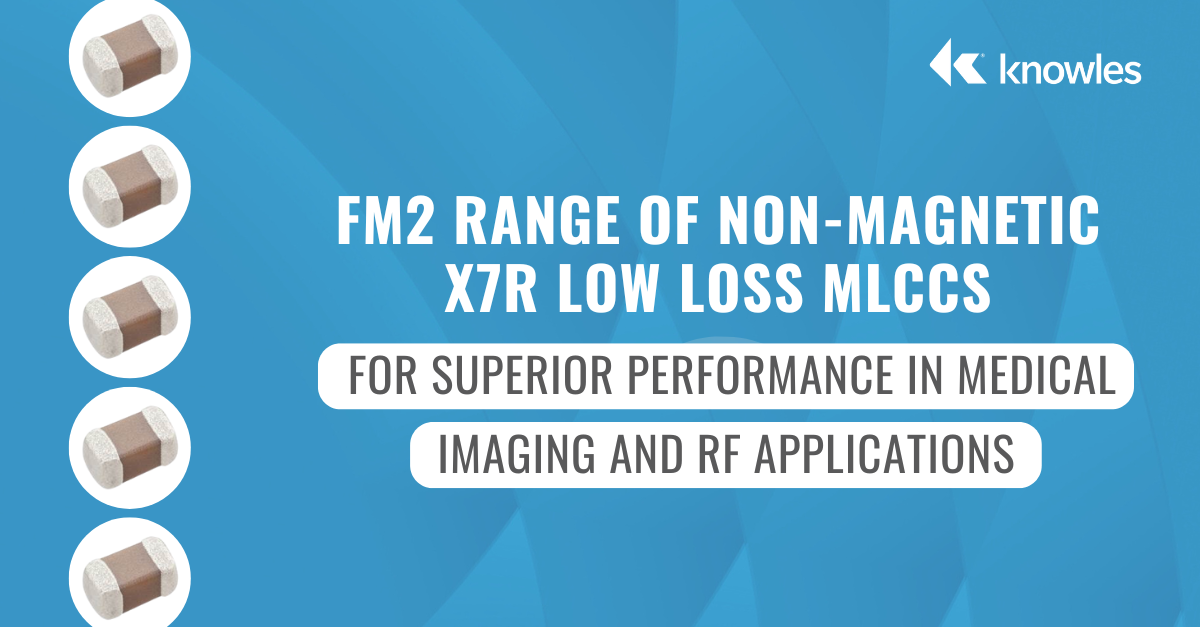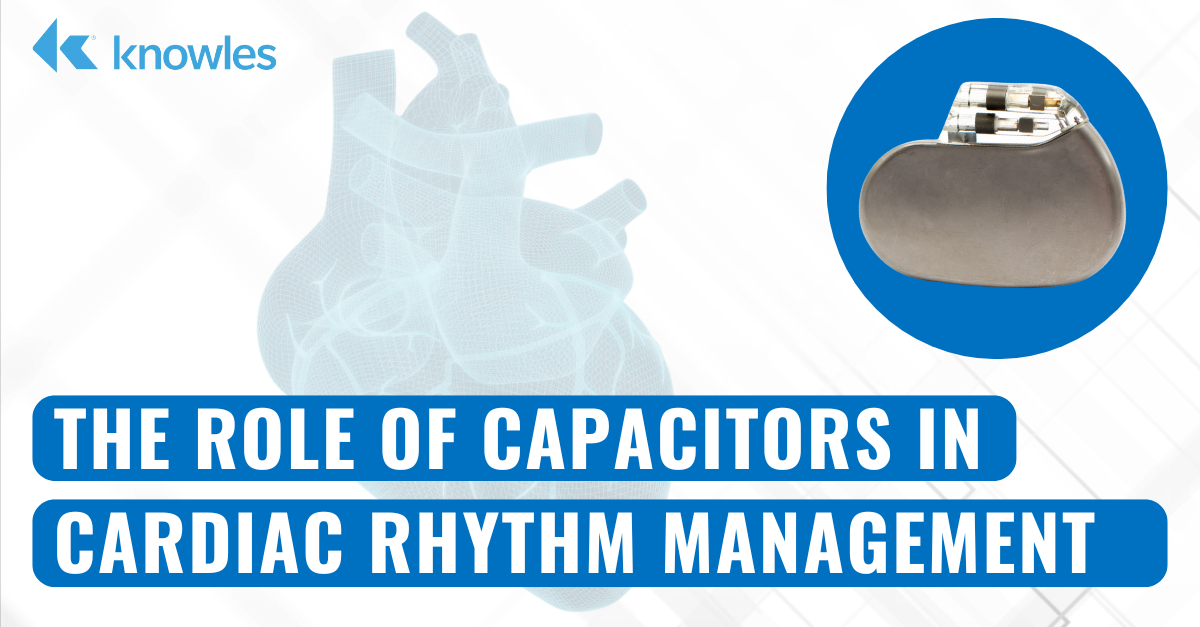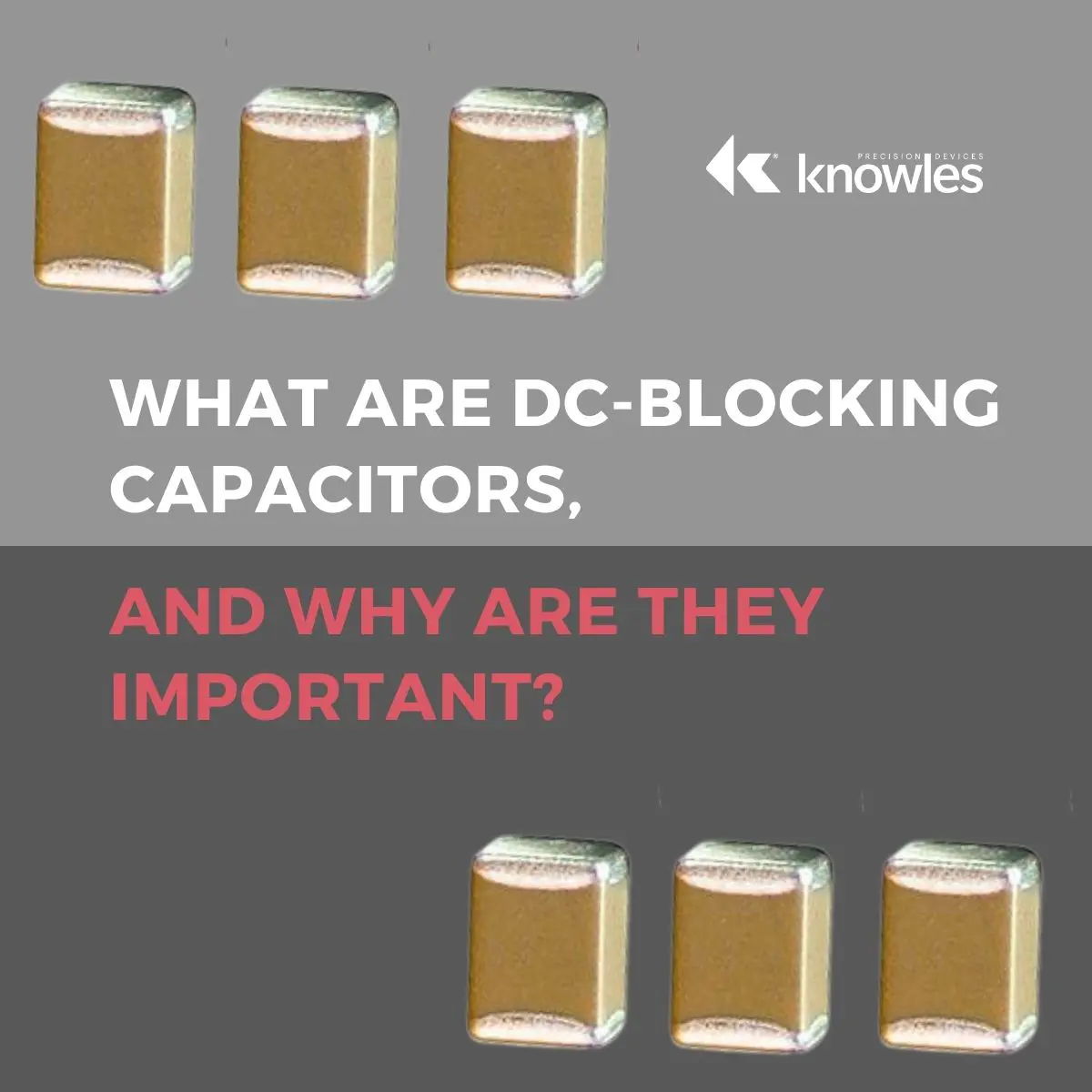Engineers designing for medical imaging and high-frequency applications need components that ensure minimal power loss, high signal integrity, and zero magnetic interference.
Knowles’ new FM2 range of Non-Magnetic X7R Low Loss Multilayer Ceramic Capacitors (MLCCs) is engineered to deliver superior RF efficiency and uncompromised reliability. These MLCCs provide lower equivalent series resistance (ESR)/higher Q factor compared to standard X7R capacitors, making them ideal for MRI systems and low-noise amplifier (LNA) applications.





.png)

.png)


%20(1).png)